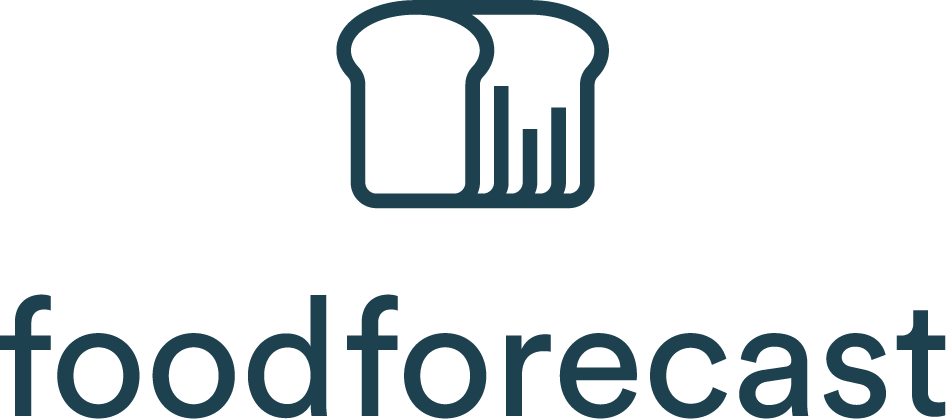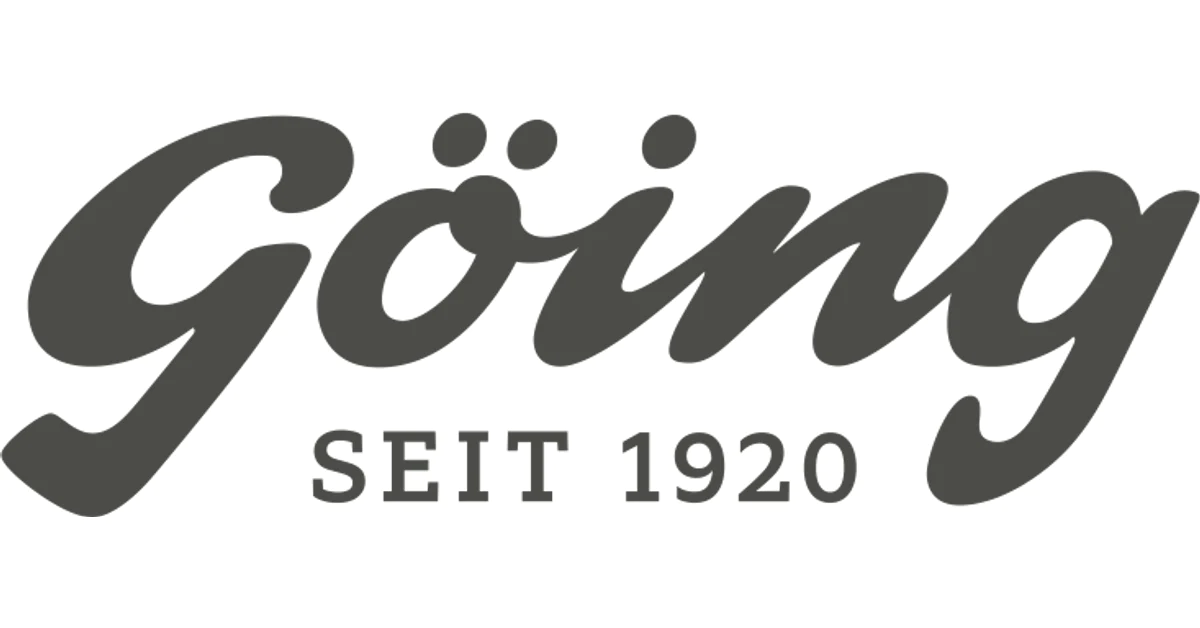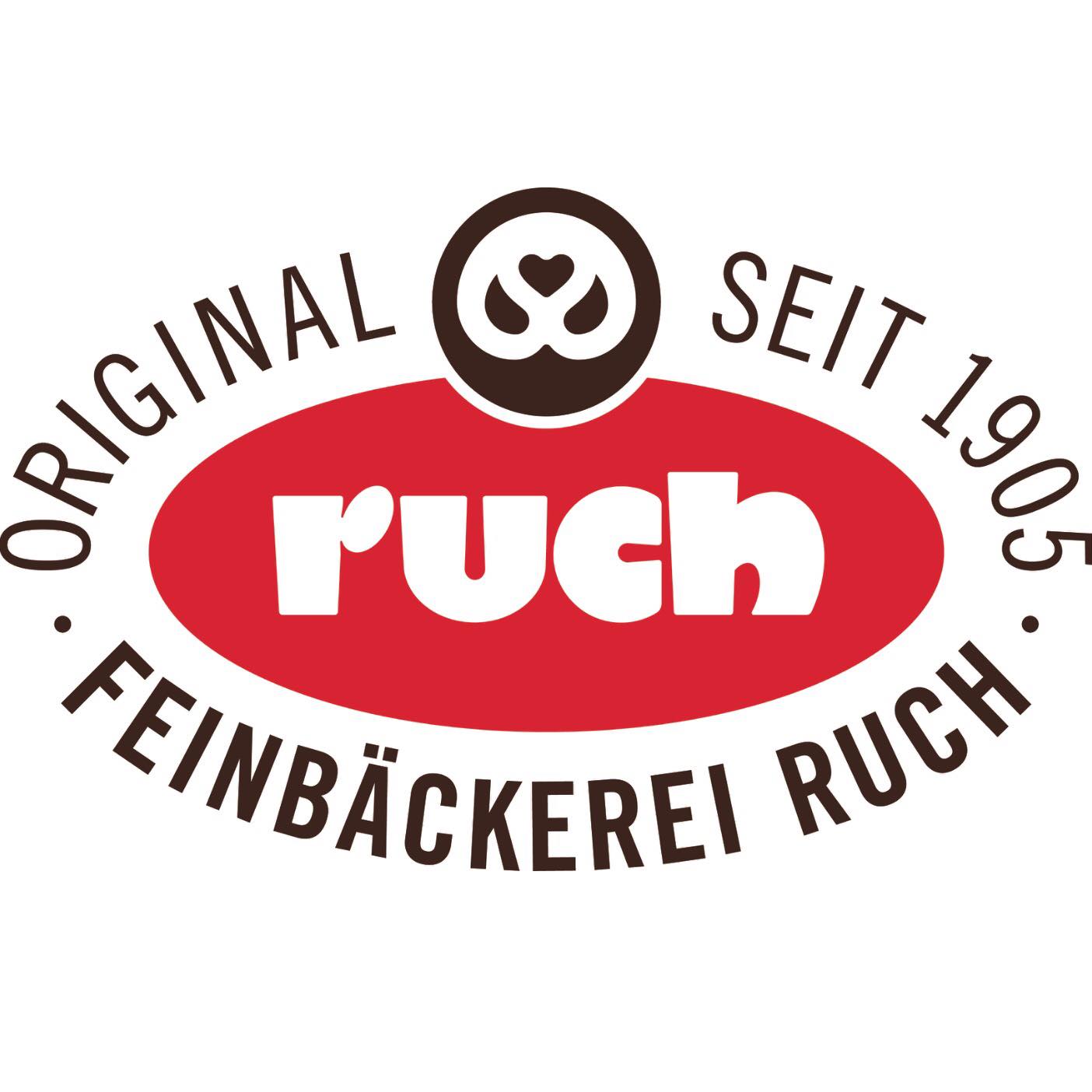What is a dosing error?
Incorrect dosing occurs when the wrong quantity or the wrong product is ordered or processed. Causes can be
- Faulty planning
- Product mix-ups
- Poor communication between departments
- Incorrect entries in the ordering system
- Technical problems due to unreliable or inaccurate systems
The consequences are often overproduction or underproduction, which can lead to cost increases, supply problems or food waste.
Incorrect dosing in the food service industry: a common problem
In the catering industry, incorrect dosing refers to the inaccurate use of ingredients when preparing food or drinks. It has a direct impact on quality, efficiency and sustainability.
Typical examples:
1. inaccurate ingredient quantities
If the quantity of an ingredient is incorrectly measured, this affects the taste, consistency and quality of the dish. Poorly calculated ingredient planning can also lead to unnecessary leftovers - and therefore more food waste.
2. incorrect dosage of spices and flavorings
The right balance is particularly important when it comes to spices. An incorrect dosage can distort the taste of a dish - from too bland to over-seasoned - and thus affect customer satisfaction.
How artificial intelligence reduces incorrect dosing
Artificial intelligence (AI) can help to minimize incorrect dosing in purchasing and preparation in a targeted manner. By analyzing historical sales data, current trends and external influencing factors, AI recognizes patterns and creates precise sales forecasts.
Advantages at a glance:
- More precise order planning thanks to data-supported forecasts
- Less overproduction and incorrect dosing
- Saving valuable resources such as time, energy and raw materials
- Greater efficiency throughout the procurement process
The use of AI therefore makes a significant contribution to avoiding planning errors and optimizing operational processes - especially in the catering industry.
Request a callback
We will be happy to call you back promptly to talk to you personally









